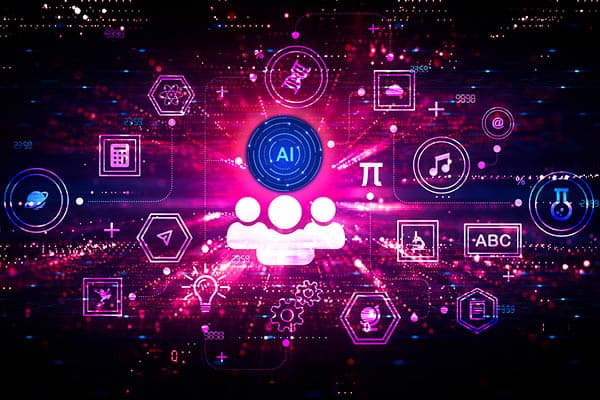A new framework intends to guide the edtech industry’s implementation of AI in education in a purpose-driven, transparent, and equitable manner that enables critical tools for personalized and enhanced learning experiences and improved assistive technologies, according to an article in eSchool News.
Released at an October event on Capitol Hill, the Software & Information Industry Association (SIIA), the leading trade association for the business of information, released Principles for the Future of AI in Education, which will help the edtech industry as it works alongside educators during AI-infused learning.
The seven principles are:
- AI technologies in education should address the needs of learners, educators, and families.
- AI technologies used in education should account for educational equity, inclusion and civil rights as key elements of successful learning environments.
- AI technologies used in education must protect student privacy and data.
- AI technologies used in education should strive for transparency to enable the school community to effectively understand and engage with the AI tools.
- Companies building AI tools for education should engage with education institutions and stakeholders to explain and demystify the opportunities and risks of new AI technologies.
- Education technology companies and AI developers should adopt best practices for accountability, assurance, and ethics, calibrated to mitigate risks and achieve the goals of these principles.
- The education technology industry should work with the greater education community to identify ways to support AI literacy for students and educators.
“With AI being used by many teachers and educational institutions, we determined it was critical to work with the education technology industry to develop a set of principles to guide the future development and deployment of these innovative technologies,” said Chris Mohr, President, SIIA. “Partnering with teachers, parents, and students will be critical to improving educational outcomes, protecting privacy and civil rights, and understanding of these technologies.”
“AI and kids’ privacy have dominated the conversation in Congress and in the states this year,” said Sara Kloek, Vice President, Education and Children’s Policy, SIIA. “As the trade organization representing the leading companies in ed tech, it is our mission to advance the responsible use of AI to enhance a learner’s educational experience while at the same time protecting their privacy, promoting educational equity, upholding civil rights, and developing important skills for the future.”
eSchool News




